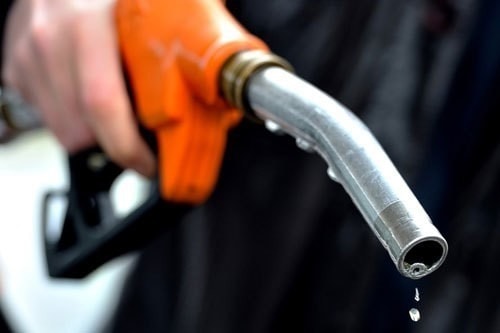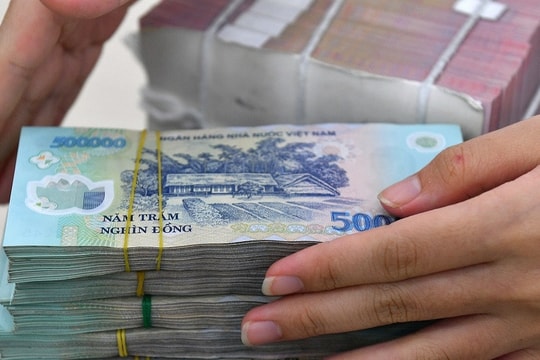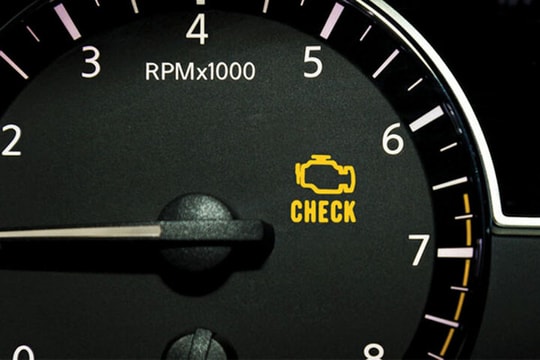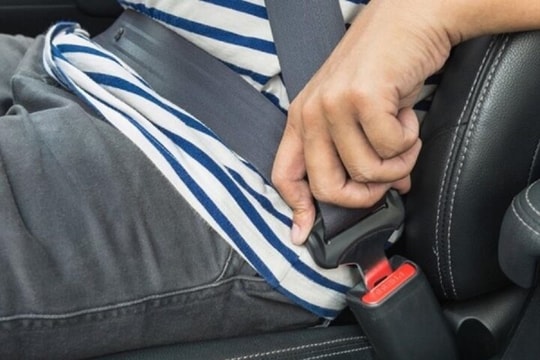Unexpected mistakes that cause cars to consume more gas
After a short period of use, the car appears to consume more gas than usual. Sometimes, the cause of fuel consumption lies in the subjective errors of the user. Users need to know to overcome this situation.
 |
After a short period of use, cars tend to consume more gas than usual. Illustration: Phong Nguyen |
Worn spark plug
Spark plugs are responsible for igniting the fuel mixture in the combustion chamber. If used for a long time, the spark plug will deteriorate due to soot and loose pins, making the ignition cycle slower. As a result, the fuel combustion efficiency is not high, and fuel is sprayed out. This will cause a large amount of fuel to be sprayed out, causing waste.
Not changing the oil regularly
After a period of operation, the lubricating ability of the engine oil decreases, increasing friction between parts, causing the vehicle to mobilize more fuel. This condition, if prolonged, will damage the engine.
Tires that are too worn or under-inflated
If the tires are worn or under-inflated (the tire pressure is lower than the standard level), the car will consume more fuel than usual. Worn tires or low pressure increase the friction area of the wheels and the road surface, causing the engine to work harder. The way to overcome this situation is to regularly check the tires and maintain the tire pressure according to the recommended standard.
Dirty engine air filter
The function of the engine air filter is to prevent dirt from entering the combustion chamber. When the engine air filter is too dirty, it will hinder air circulation. The amount of air entering the combustion chamber is reduced, forcing the engine to inject more fuel to produce power, causing more fuel consumption.
Exhaust pipe is dented, distorted
Exhaust pipes can be dented or distorted due to collisions, causing the exhaust pipe to become clogged, hindering circulation and increasing exhaust pressure. This is also one of the causes of fuel consumption.








